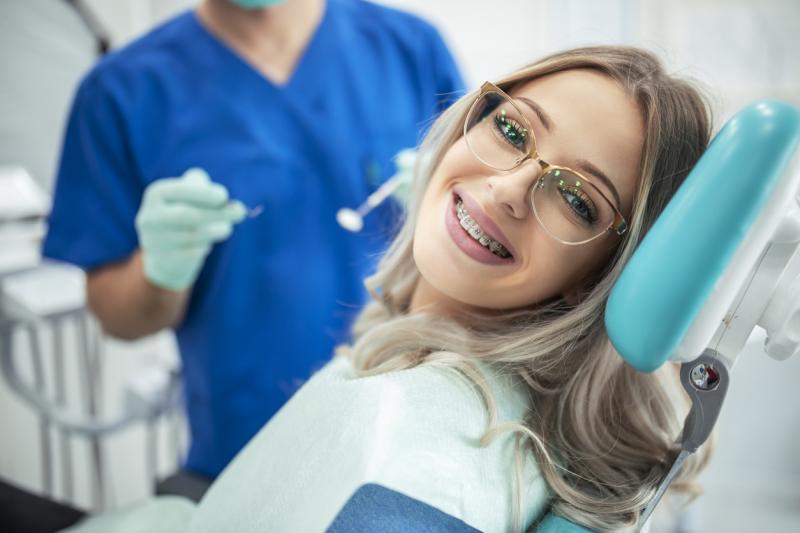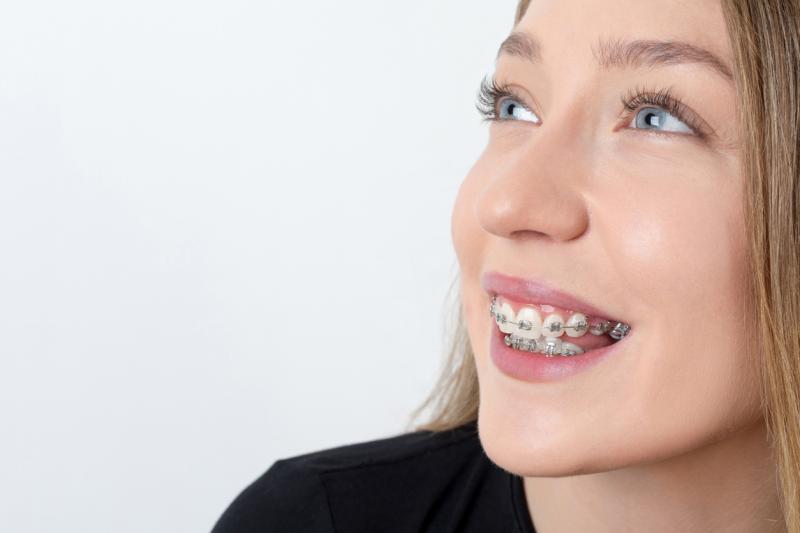3 Signs You Might Need Braces

More adults and children are straightening their teeth today, than ever before. This is because there are now options to traditional braces, giving you more ways to improve your smile. But it can be difficult to know whether you need teeth straightening. So, we asked the dental professionals at impactortho.com to share three signs you might need your smile corrected.
Of course, visiting your dentist is the best way to quickly and easily find out whether you have orthodontic problems. The earlier these issues are diagnosed, the more effective your treatment. Meanwhile, check out the three signs you might need orthodontia, below.
Childhood Signs and Symptoms
During childhood, smiles develop and change as rapidly as other parts of the body. It is important to take your child to the dentist regularly, so they can track potential issues and develop a plan for intervention when appropriate. In fact, it is important for some kids to see the orthodontist as early as age five or six, particularly when there are signs of problems. But most children can wait until ages eight to 13, after most baby teeth fall out.
Signs children might need braces include:
- Early, irregular or late loss of baby teeth
- Biting or chewing problems
- Blocked, crowded or out-of-place teeth
- Shifting or noise-making jaw movement
- Cheek biting or biting of the roof of the mouth
- Abnormal tooth alignment
- Disproportionate teeth or jaw
Genes play a major factor in oral development. This means many problems requiring treatment are not preventable. But it certainly helps to avoid thumb-sucking, mouth-breathing, tooth decay, poor nutrition or physical trauma. In other words, parents should always encourage positive oral hygiene and routine dental visits to prevent many problems.

Teeth Crowding
Whether as adults or children, teeth crowding drive many people to get braces or Invisalign treatment. When teeth are crowded, they must push each other to squeeze into limited space. This causes a crooked smile that worsens over time.
Severe crowding can even affect the quality of oral hygiene an individual can perform. Brushing and flossing are more difficult, making certain areas of your mouth more prone to suffer the effects of tooth decay. Plaque building up on teeth causes a broad range of problems, not just cavities. These issues include bad breath, bone loss and gum disease. Having a crowded or crooked smile can also affect your self-esteem and makes you less confident when meeting new people, building relationships and making business or school presentations.
Abnormal Bite Alignment
Your bite can misalign in one of four different ways. These include:
- Overbite
- Underbite
- Crossbite
- Openbite
A bite is more than just how you chew your food. An abnormal bite is one not properly aligned when jaws close. Any of the above types of misalignment can cause a range of dental issues and other health effects, such as headaches and poor nutrition.
An overbite results from vertically and horizontally overlapping front teeth. In this condition, your top teeth close too far beyond the bottom teeth. The more extreme this condition, the more noticeable its effects. An untreated overbite leaves you vulnerable to oral trauma and broken front teeth. It can also lead to complications from more easily damaged restorations like fillings and crowns.
An underbite is the opposite of overbite. This condition arises from your bite closing with upper front teeth behind the lower teeth. As part of this condition, you possibly have a disproportionate jaw, imbalanced facial structure, biting problems and chewing difficulties. Your face can also age more rapidly than for your peers.
Crossbites and openbites are not as common as overbites and underbites. A cross bite results from upper front teeth closing below opposite bottom teeth. An openbite is one wherein upper and lower front teeth do not close as they should. Left untreated, either of these problems can cause biting and chewing difficulties, speech problems and oral health issues.
See Your Dentist to Learn Whether You Need Orthodontic Care
Seeing your dentist is the best way to learn whether you need orthodontic care. If you do need teeth straightening, you have more options than just old-style metal wires and brackets. Invisalign makes it easy for adults and teens to almost invisibly correct their smiles and bites. Schedule your next dental visit for more information about your smile correction needs.
More to Read:
Previous Posts:





